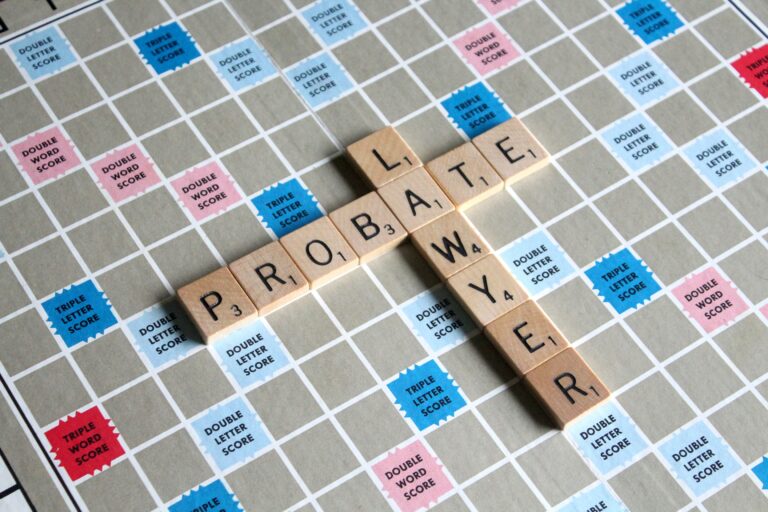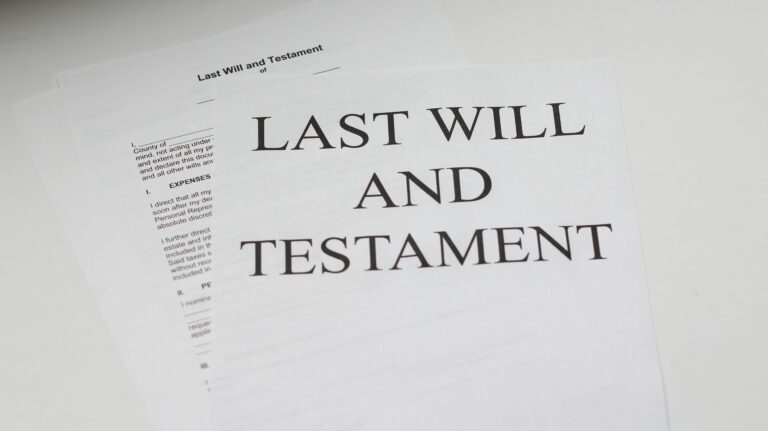
Problems Created When No Will Is Available
People who have had a serious case of COVID-19 are 66% more likely to engage in estate planning, and 32% of adults under 35 said they wrote a will because of the pandemic.

People who have had a serious case of COVID-19 are 66% more likely to engage in estate planning, and 32% of adults under 35 said they wrote a will because of the pandemic.

Estate planning is not just for the wealthy. Anyone with a bank account, house, car or other personal property should have a will.

The thought of preparing your own will might feel a little daunting, bringing an onslaught of emotions like fear or sadness.

Jacqueline Kennedy Onassis will long be known for many superlative distinctions: an internationally beloved former first lady of the United States, one of the most influential contributors to the restoration and preservation of the White House and a peerless cultural icon.

A critical item is often missing from back-to-school college checklists — and it could be far more valuable than anything else your student takes to school this fall: signed legal documents.

Famed country singer Johnny Cash had five children — but he only left his inheritance to one of them for a surprising reason.

Avoidance of estate taxes is one consideration in estate planning.

The pandemic has changed how many of us view our priorities. That includes whether to craft a will.

Here are four types of estate situations that could call for professional legal help.

While at Baltimore, Siragusa was also part of a defensive front considered by many to be among the best in NFL history.